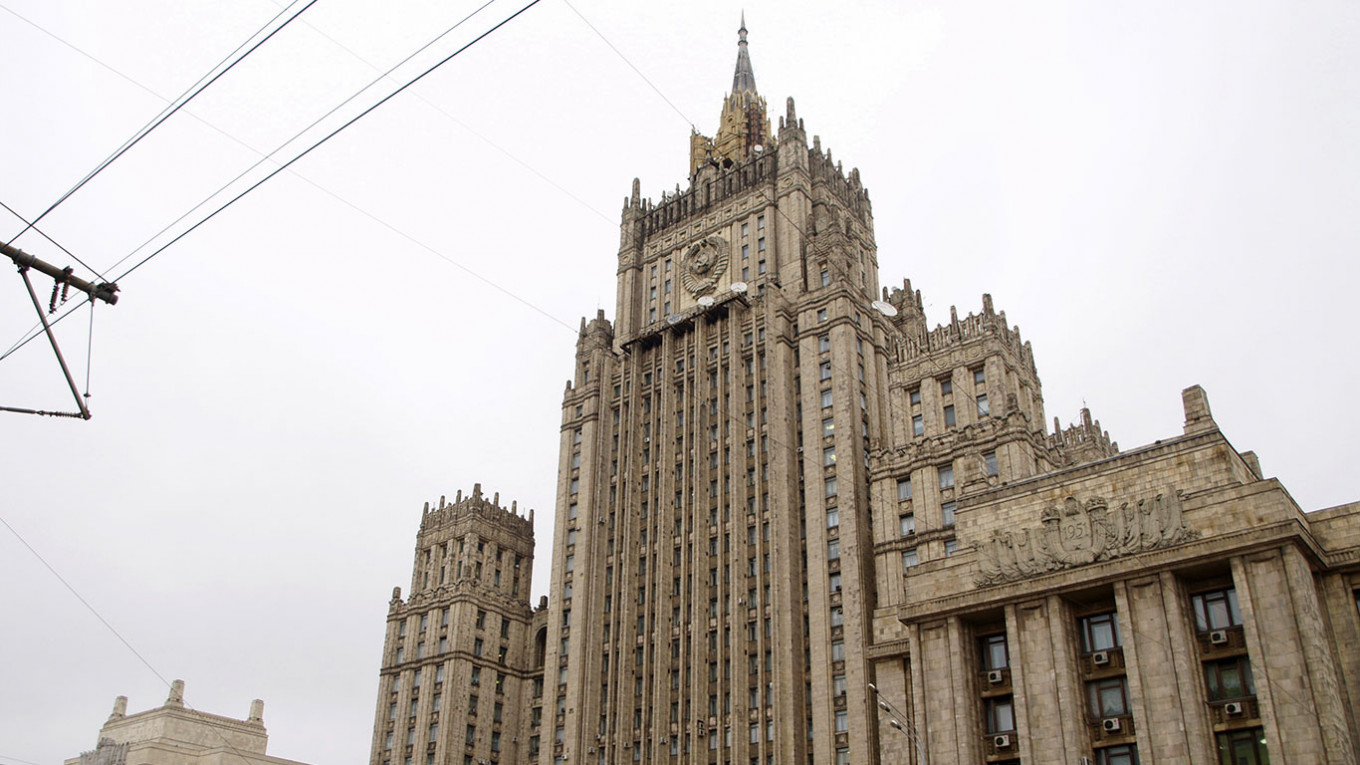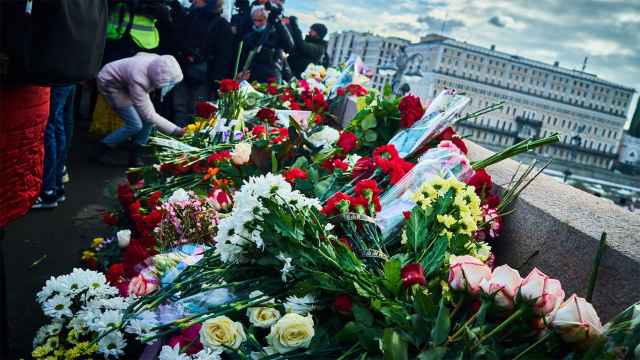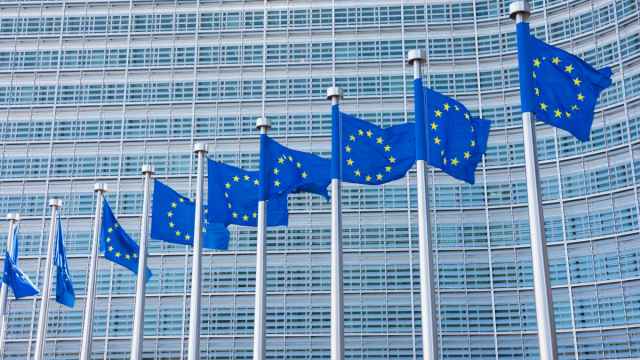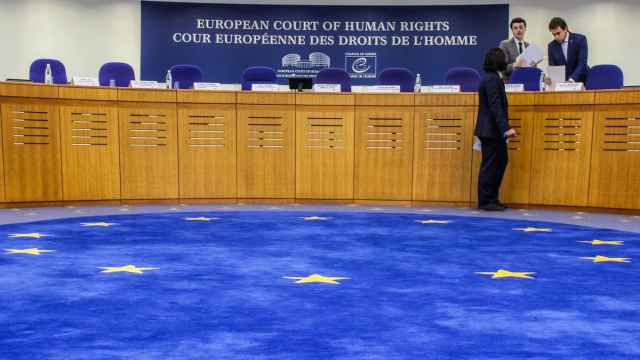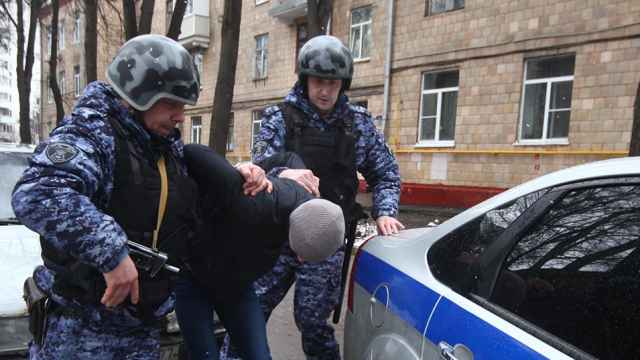Russia has announced it will withdraw from Europe’s oldest rule-of-law body, the Council of Europe, sparking questions over the future of the Kremlin’s moratorium on the death penalty.
The Kremlin placed a moratorium on the use of the death penalty, which remains enshrined in Russian law, as a condition of Council of Europe membership in 1996.
The Council of Europe suspended all Russian representatives from participation the day after President Vladimir Putin announced an invasion of Ukraine on Feb. 24. The decision did not affect the European Court of Human Rights.
Former President Dmitry Medvedev said Russia’s suspension from the Council of Europe was a “good opportunity” to reinstate the death penalty.
The move would also ban Russians from filing claims with the European Court of Human Rights.
“Russia will not participate in the transformation of the oldest European organization into another platform for invocations of Western superiority and narcissism by NATO and its obedient follower, the EU,” Russia’s Foreign Ministry said in a statement Thursday.
“Let them enjoy talking to each other without Russia.”
The Foreign Ministry’s strongly worded two-paragraph statement did not indicate when Russia intended to withdraw from the 47-member organization.
Russia’s membership will expire at the end of fiscal year 2022, Senator Konstantin Kosachev, deputy chairman of the upper house of Russian parliament, told state media.
Kosachev said Russia’s exit from the Council of Europe entails a denunciation of its charter and the European Convention on Human Rights, which binds member states to abolish the death penalty.
The Kremlin echoed Kosachev’s assertion that Russia’s exit from the Council of Europe entails withdrawal from “all of its institutions.”
Human rights lawyer Pavel Chikov said Russia’s exit from the Council of Europe requires a new law to pass in parliament, after which its withdrawal would be finalized on Jan. 1, 2023, at the earliest.
“Only the committee of ministers can expel Russia earlier,” Chikov wrote on his Telegram channel.
Meanwhile, Chikov said the European Court of Human Rights will still be required to hear the estimated 15,000 claims filed by Russian nationals, as well as those lodged before Russia’s formal exit from the Council of Europe.
Chikov accused Russia’s Foreign Ministry and Senators Kosachev and Andrei Klimov of “making waves.”
He added that Russia’s exit from the Council of Europe does not automatically reinstate capital punishment.
A Message from The Moscow Times:
Dear readers,
We are facing unprecedented challenges. Russia's Prosecutor General's Office has designated The Moscow Times as an "undesirable" organization, criminalizing our work and putting our staff at risk of prosecution. This follows our earlier unjust labeling as a "foreign agent."
These actions are direct attempts to silence independent journalism in Russia. The authorities claim our work "discredits the decisions of the Russian leadership." We see things differently: we strive to provide accurate, unbiased reporting on Russia.
We, the journalists of The Moscow Times, refuse to be silenced. But to continue our work, we need your help.
Your support, no matter how small, makes a world of difference. If you can, please support us monthly starting from just $2. It's quick to set up, and every contribution makes a significant impact.
By supporting The Moscow Times, you're defending open, independent journalism in the face of repression. Thank you for standing with us.
Remind me later.


